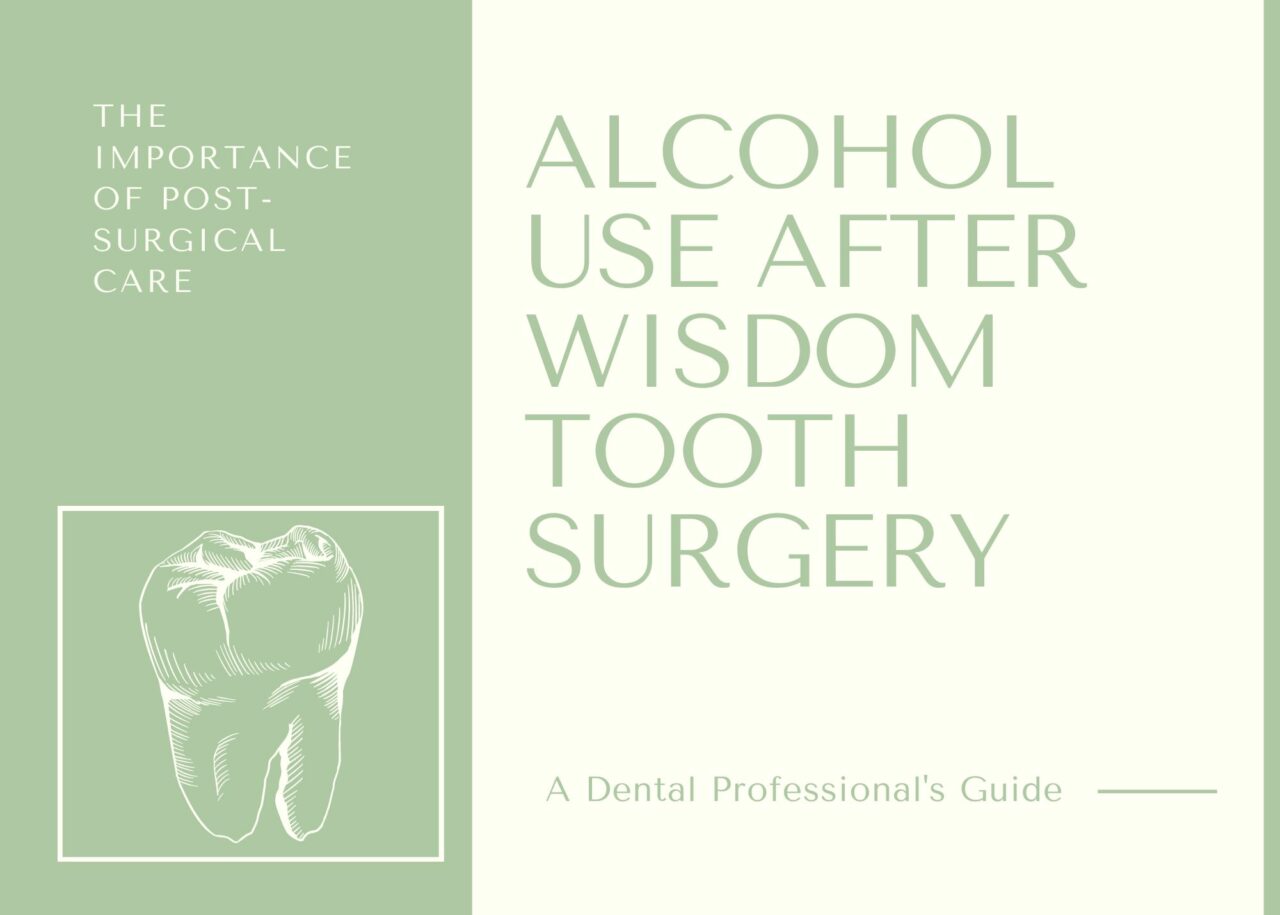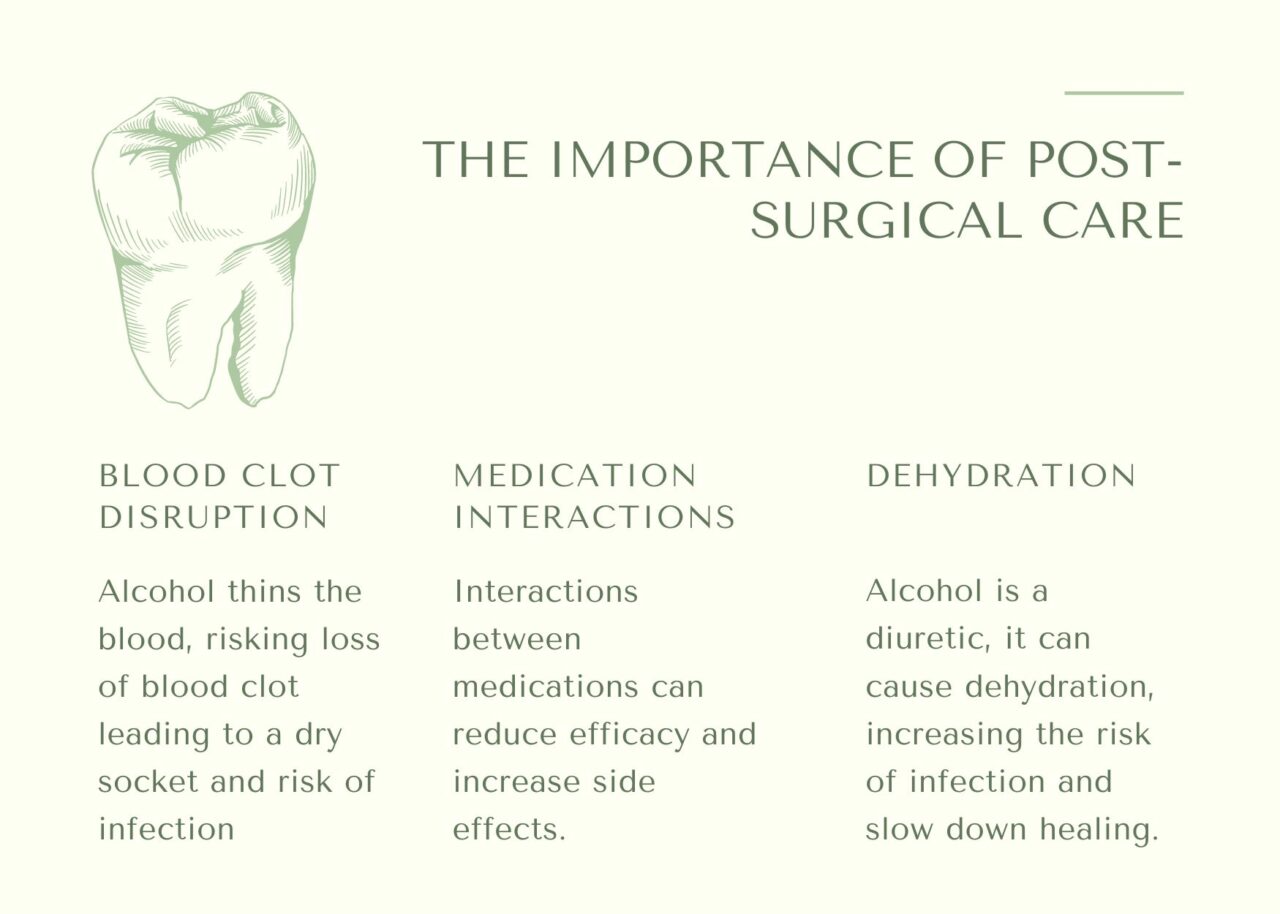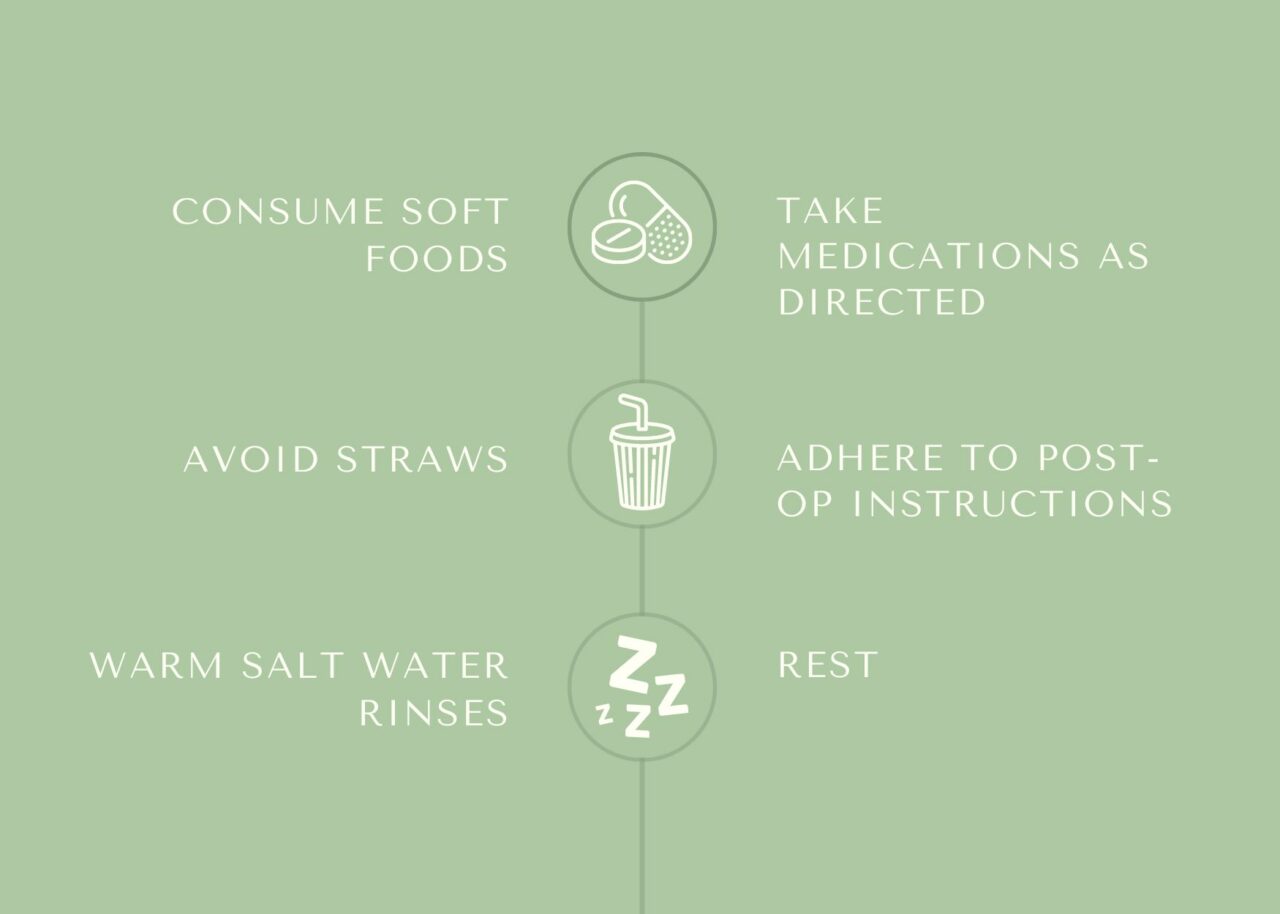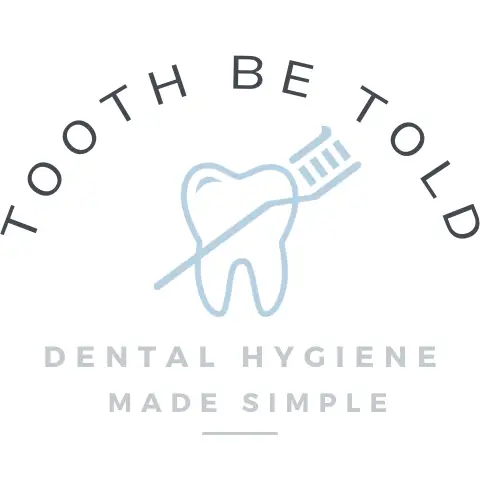
Having your wisdom teeth extracted can be a busy time with overwhelming information regarding post-op instructions and the time frame to avoid particular food and drink to prevent pain and infection. Certain beverages, such as alcohol, must be avoided after tooth extractions, but how long does alcohol need to be avoided?
It’s advised to avoid alcohol for at least three days after tooth extraction. Alcohol thins the blood, risking a dry socket and infection. Alcohol may adversely interact with prescribed medications such as painkillers and antibiotics. Dehydration can also occur, which can slow down healing.
As a dental hygienist with over a decade of clinical experience, I refer many of my patients to oral surgeons to have their wisdom teeth extracted. My ultimate goal is to make the process as easy as possible and give out all the information to ensure comfort, safety and understanding at every step.
In this post, I cover why post-surgical care is so important to promote healing and prevent complications, including how certain cases may require more time between surgery and having a drink.
Wisdom teeth post-surgical care; When you can drink alcohol
Many people are eager to return to their routine and enjoy a glass of wine or a cocktail, but it’s crucial to understand why waiting is essential.
We dental professionals recommend waiting at least three days post-extraction. Still, it may be recommended to wait seven days if the extractions were more complicated, the teeth were impacted (underneath bone and not erupted in the mouth), or your medical history indicates.
I always say to my patients that their body is unique and will not react the same way as someone else.
One person may have a speedy recovery with minimal swelling and pain, whereas someone else may have severe swelling, pain and develop an infection.
It is important to listen to your body and keep an eye out for prolonged pain, swelling, a bad taste in the mouth, fever, excess bleeding and/or any other unusual symptoms. If you are experiencing any of these symptoms, hold off on the alcohol, call and make an appointment with your dentist or oral surgeon to have it looked at.

Wisdom teeth extractions; Importance of post-surgical care
Often wisdom teeth extractions are overlooked as invasive surgery, but it is like any other surgical procedure. It requires post-op care to promote healing and prevent complications and infection.
Because you can feel quite good not long after having wisdom teeth extractions, it can give a false sense of security that you can resume normal activities such as drinking alcohol.
Drinking alcohol can interfere with the healing process in many ways, which I will go into more detail below.
Blood clot disruption
Because alcohol thins the blood, the most significant risk to wisdom teeth extractions is losing the blood clot formation within the socket where the tooth was.
This blood clot is essential for healing and promoting bone growth.
Not only can alcohol risk the loss of this blood clot, but it can also hinder the healing timeline of the bone. Source .
.
Alcohol also changes the blood sugar levels in the body, which can delay healing.
Medication interactions
Drinking alcohol while taking Tylenol (acetaminophen) can cause acute liver failure. And drinking alcohol while taking Aspirin (ASA) can increase the risk of gastric bleeding. Source .
.
Alcohol can also increase the effects of certain sedative medications, so you must talk with your doctor or pharmacist to ensure no adverse effects between medications and alcohol use.
The interactions between medications can also hinder them less effective and increase their side effects.
Some antibiotics can cause nausea, vomiting and diarrhea, dizziness, drowsiness and headaches and drinking alcohol and intensify these side effects.
Some other side effects from mixing alcohol and antibiotics include;
- high/low blood pressure
- increased heartbeat or irregular heartbeat
- liver damage
- sweating
- anxiety
- source

It is also recommended with certain antibiotics to wait three days after finishing the course to resume drinking alcohol as the medication is still circulating in your system.
Dehydration
It is recommended to drink plenty of water to remain hydrated during the healing stages to promote healing and shorten healing time, as well as prevent infection.
Because alcohol is a diuretic, it can cause dehydration, increasing the risk of infection and slowing down healing.

Tips for a speedy recovery after wisdom teeth surgery
Consume a soft food diet
Hard, crunchy or “seedy” foods can cause trauma, get lodged in the extraction site, and are not easily dissolved by saliva. Sticking to a softer food diet rich in nutrients will provide the best opportunity for healing.
Even if you are not vegan, the post below includes an extensive list of appropriate foods you can eat after tooth extractions.
Read Now: 21 Best Vegan Foods to Eat After Having a Tooth Extracted
Avoid straws
Drinking through straws creates negative pressure in the mouth, which can draw out the blood clot from the extraction site.
Below is a post I wrote about using a straw after having a tooth extracted that goes into much more detail and when it is safe to use a straw (it is not the same as drinking alcohol).
Read Now: Can I Use a Straw One Week After Tooth Extraction?
It is also important to note that smoking or any other sucking activity can dislodge the clot just as it can with drinking through a straw.
Warm salt water rinses
Keeping the surgery sites clean is imperative to help prevent infection. Although you want to avoid the areas with a toothbrush for the first few days, the warm salt water rinses will help clear away bacteria and food debris and promote healing.
After a few days, you can begin to brush the area with an extremely soft toothbrush. The best one to use is this specifically made surgical toothbrush made by Curaprox . It has 12,000 bristles, which are made out of a material that does not absorb water and bacteria. The average toothbrush has 600-1000 bristsles.
. It has 12,000 bristles, which are made out of a material that does not absorb water and bacteria. The average toothbrush has 600-1000 bristsles.
Below is a link to the salt water recipe because you need a specific ratio of salt to water for it to be effective.
Read Now: Salt Water Mouth Rinse Recipe for Surgery, Ulcers, Infections
Rest
Resting allows your body to remain calm and preserve energy to heal. The first 24 hours are crucial, and rest is essential.
Tip: try to keep your head elevated even when sleeping to help reduce swelling.
Doing too much activity can increase blood pressure, reduce healing time and even cause the loss of the blood clot.
Adhere to post-op instructions
The instructions given by the dentist or oral surgeon are given for a reason. They are for your safety and benefit.
Take medications as directed
If you are prescribed antibiotics, please finish taking the full prescription. Sometimes people stop taking them because they feel better and don’t think they need to take the whole course. This can lead to antibiotic resistance and lead to an infection.
I hope this information has helped you!
Remember that getting your wisdom teeth out is a significant event, and taking the proper precautions post-op will have you toasting in no time. 🥂
Have a great day!
Holly 🙂

